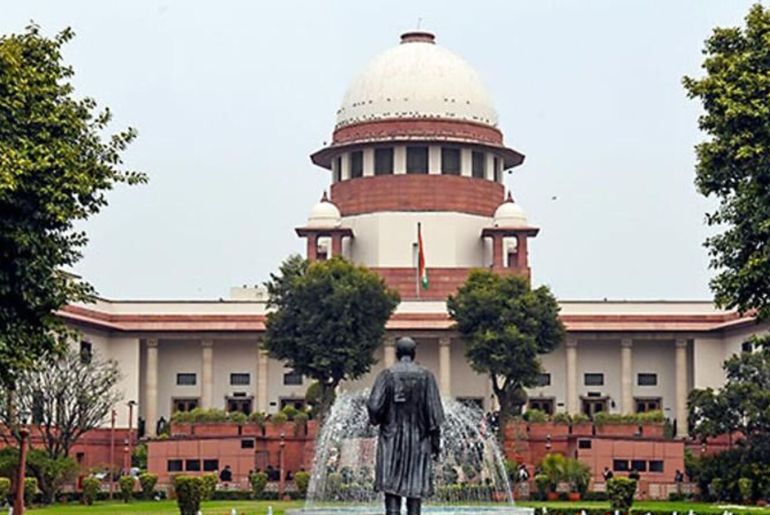In a major development for India’s clean mobility roadmap, the Supreme Court has directed the central government to conduct a comprehensive review of the 2020 Electric Vehicle (EV) policy. The directive aims to ensure that the policy aligns with India’s rapidly evolving sustainability goals, growing EV adoption, and long-term targets for reducing vehicular emissions.
The Supreme Court’s bench emphasised the need for updated frameworks that reflect current market dynamics, technological advancements, and infrastructure demands. The judges highlighted that the transition to electric mobility is essential for addressing air pollution, reducing carbon emissions, and moving toward a greener transportation ecosystem.
The Court pointed out that parts of the 2020 policy—like incentives for making EVs, planning for charging stations, recycling batteries, and helping consumers adopt EVs—need to be reviewed to fit today’s It also urged policymakers to include stronger measures for state-level coordination, public charging expansion, and industry-government collaboration.
Industry experts believe the Court’s intervention will accelerate India’s EV progress by promoting transparency, accountability, and timely policy upgrades. With EV demand surging and the government pushing initiatives such as FAME II, battery-swapping frameworks, and green mobility mandates, the review is expected to further streamline adoption and support India’s clean-energy future.
The central government is now expected to revise and strengthen the EV roadmap, keeping affordability, infrastructure readiness, and technological innovation at the core of its updated policy.

